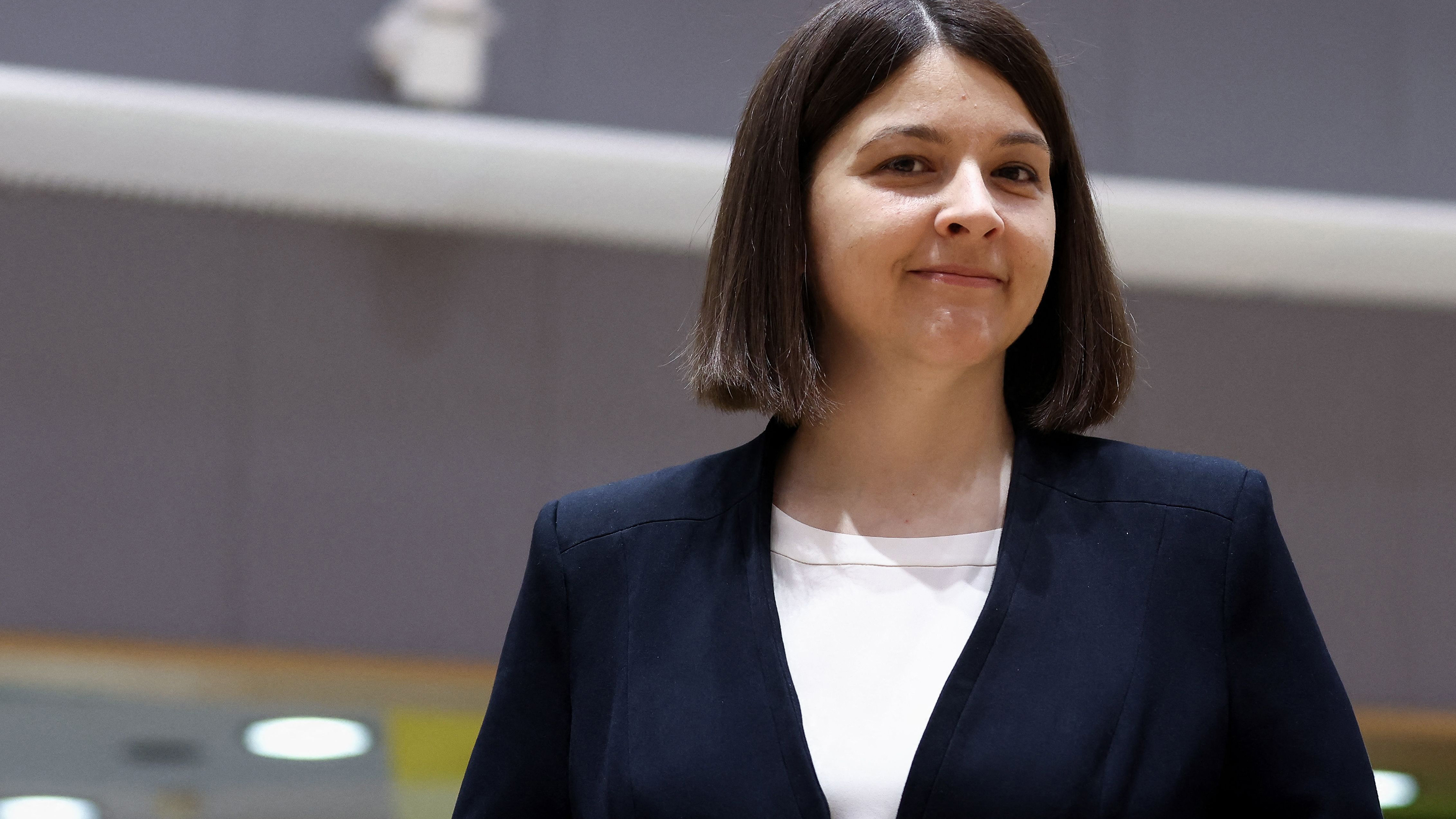Lithuania battles energy price shock

The Banker’s Finance Minister of the Year 2022 took office in December 2020 and almost immediately had to help steer Lithuania through the challenges of the Covid-19 pandemic, followed by the conflict in nearby Ukraine. She talks to Kit Gillet about the current state of the Lithuanian economy and how the country has further cut its ties with Russia.
Q: What is the outlook for the Lithuanian economy? Do you expect a worsening of economic conditions?
A: Like other EU economies, Lithuania is suffering the negative consequences of Russia’s war against Ukraine. We expect our economy to slow down in the second half of the 2022, despite the rather good first half of the year. The baseline scenario for both this year and next is that our economy will continue on the growth path, expanding by around 1.5% in both 2022 and 2023. Of course, uncertainty is very high and the risk balance is tilted to the downside. The energy price shock is the main issue — it hurts business competitiveness and erodes people’s purchasing power by having a substantial impact on inflation levels.
In September, inflation in Lithuania reached 22.5%, which — together with Latvia and Estonia — is among the highest rates in the EU. For next year, we predict a slowdown of inflation to around 6%. Yet a lot will depend on the further development of energy prices in international markets and their pass-through to consumer prices.
Our economic outlook largely depends on how the whole EU will be able to cope with the energy crisis
Lithuania is a small open economy that is very connected to EU countries. Our economic outlook largely depends on how the whole EU will be able to cope with the energy crisis, which is largely caused by Russia’s war against Ukraine, and the EU’s growth outlook for 2023.
Q: Lithuania has been one of the most vocal critics of Russia’s invasion of Ukraine. How has this impacted the country and what impact could it have in the future?
A: Our economy has been reducing reliance on the Russian market for a while now, especially after the Crimean occupation in 2014. This reduces our exposure to the current situation, despite the geographical proximity.
Important steps have also been taken in the energy field, such as building liquefied natural gas (LNG) facilities, establishing an alternative to Russian gas supplies. This has allowed Lithuania to become the first EU country to completely stop Russian gas, oil and electricity imports, without feeling the negative economic impact. Gas imports via the LNG terminal fully cover Lithuanian demand.
Furthermore, we provide gas via this terminal to other countries, thus enhancing the regional energy security situation. Our experience shows that reducing reliance on Russian energy imports is indeed doable, and we encourage other EU countries to follow suit.
Q: Has being part of the EU and eurozone helped Lithuania weather the challenges of the past few years?
A: The answer is clear — yes, to a very large extent. Despite the challenges over the past few years, Europe has remained united and many important decisions have been taken in solidarity. EU instruments such as the Recovery and Resilience Facility and Support to mitigate Unemployment Risks in an Emergency have helped us to withstand the pandemic shock, bolster economic growth and social cohesion, and continue our convergence process.
In addition, being a eurozone member also has benefits, especially for a small open economy such as Lithuania. In these volatile times, we share one of the major international reserve currencies and are under the umbrella of the European Central Bank, helping us weather the storm.
Q: How has the government reacted to these more adverse conditions?
A: In times of high uncertainty, we are doing everything we can to stay agile and flexible, and adapt to rapidly changing circumstances. In general, our fiscal policy response is geared towards targeted, temporary and effective measures, without implementing broad-based fiscal support which could lead to further increase in inflation rates.
With regard to energy prices, in the middle of this year our government adopted a €2.2bn package, which amounts to about 4% of our gross domestic package, to tackle the economic consequences of the war in Ukraine on our people and businesses.
Fostering the green transition is another key element of the package. The aim of the government is to become a net electricity exporter by 2030, with domestic generation capacity coming from renewable energy sources. Lithuania currently imports around two-thirds of total electricity consumed.
In the draft budget for 2023, which has already been approved by the government and is currently being debated in the parliament, we take further steps to mitigate the negative effects of the energy price shock on our society, businesses and economy in general, while also further boosting investments into the green transition, such as the development of alternative energy capacities and energy efficiency measures.


